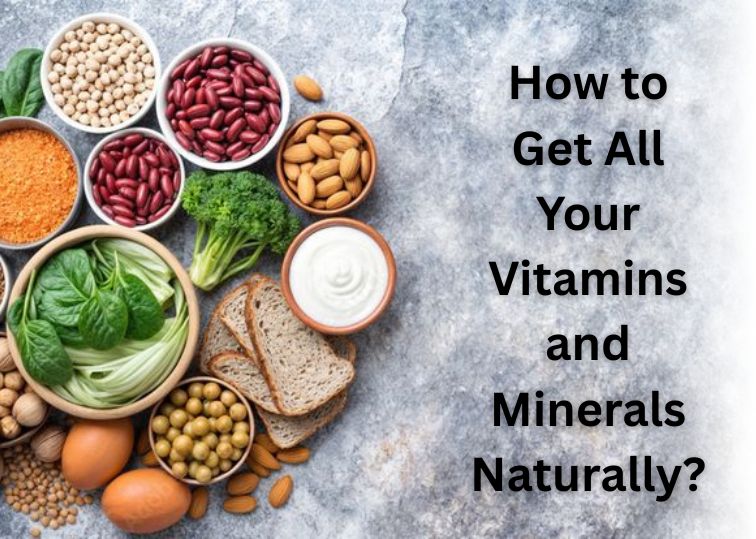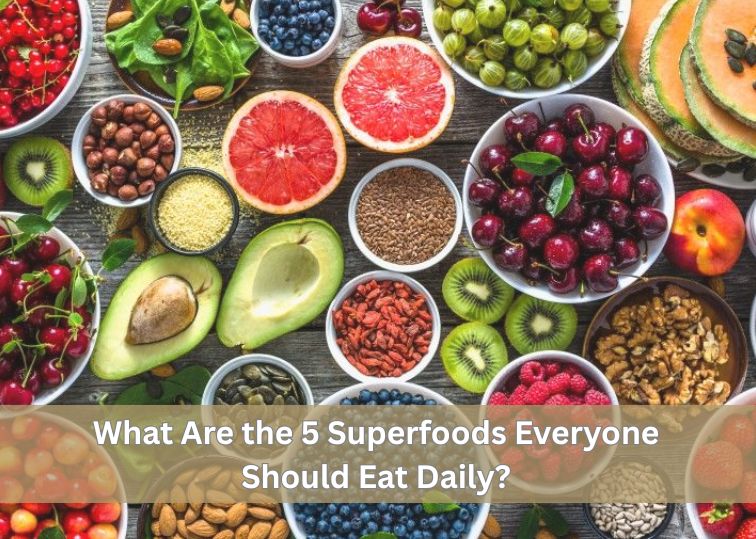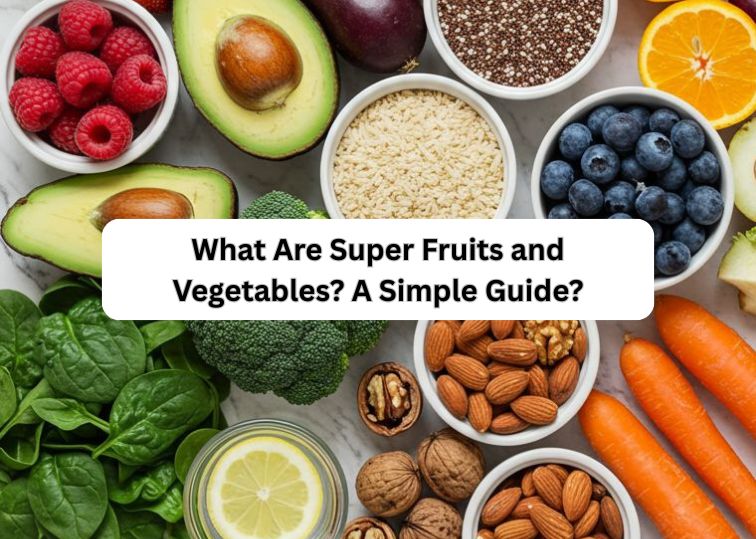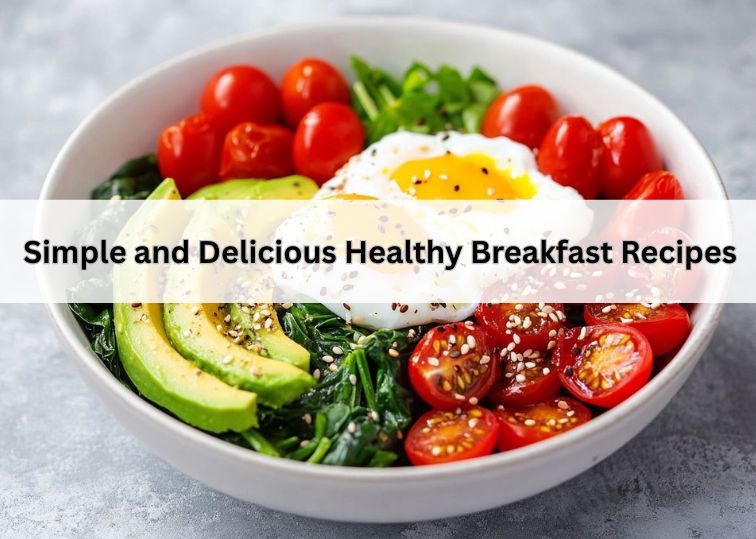We all know that our body needs food to stay strong and healthy. But food is more than just fuel it gives us nutrients that help every part of our body work properly. These nutrients include vitamins and minerals, which are very important for our health. Many people take supplements, but the best way to get them is naturally through the food we eat. In this blog, we’ll talk about how to get all your vitamins and minerals naturally in a simple and easy way.
Why Vitamins and Minerals Matter
Vitamins and minerals are called micronutrients because we need them in small amounts, but their role in our body is huge. They help our body grow, repair, and stay strong. Vitamins keep your immune system healthy, improve skin and eyesight, and give you energy. Minerals like calcium, iron, zinc, and magnesium keep your bones, blood, and muscles strong.
When you don’t get enough of these nutrients, you can feel tired, weak, or even fall sick easily. So, knowing where to get them from natural foods is very important.
The Power of Eating Whole Foods
Before we start listing foods, remember one thing, natural foods are always better than supplements. Whole foods like fruits, vegetables, nuts, and grains not only give you essential vitamins for health but also fiber and antioxidants that help your body in many ways. Supplements can help if you have a deficiency, but they can never fully replace real food. So, try to make your meals colorful, with lots of fruits and vegetables on your plate every day.
Vitamin A – For Eyes and Skin
Vitamin A keeps your eyes healthy and helps your skin stay smooth. It also supports your immune system.
Best foods for vitamins A:
- Carrots
- Sweet potatoes
- Spinach
- Kale
- Mangoes
- Papaya
These foods are rich in beta-carotene, which your body turns into Vitamin A. Eating a salad with these colorful veggies daily is a great way to get this nutrient naturally.
Vitamin B Group – For Energy and Brain Health
There are eight types of Vitamin B, and all are important for energy, brain function, and cell repair. They help your body convert food into energy.
Best foods for Vitamin B:
- Whole grains (brown rice, oats, millet)
- Green leafy vegetables
- Eggs
- Dairy products
- Nuts and seeds
- Legumes like lentils, beans, and chickpeas
If you’re vegetarian, make sure you get enough Vitamin B12 through fortified cereals or supplements, as it mostly comes from animal-based foods.
Vitamin C – For Immunity and Healing
Vitamin C is known for boosting the immune system. It helps your body fight infections and heal wounds faster.
Best foods for Vitamin C:
- Oranges
- Lemons
- Strawberries
- Kiwi
- Guava
- Bell peppers
- Tomatoes
To get the full benefit, eat these foods raw or lightly cooked, since Vitamin C can get destroyed by too much heat.
Vitamin D – For Bones and Mood
Vitamin D helps your body absorb calcium and keeps your bones strong. It also helps improve your mood and energy levels.
Best natural sources:
- Sunlight (the best source of Vitamin D)
- Fortified milk
- Mushrooms
- Eggs
- Fatty fish like salmon or sardines
Try to spend 15–20 minutes in the morning sun every day for a natural Vitamin D boost.
Vitamin E – For Skin and Hair
Vitamin E acts as an antioxidant that protects your cells from damage. It’s also great for your skin and hair.
Best foods for Vitamin E:
- Almonds
- Sunflower seeds
- Spinach
- Avocado
- Olive oil
You can sprinkle nuts and seeds on your salad or add a spoon of olive oil to your meals to get enough of this vitamin daily.
Vitamin K – For Blood and Bones
Vitamin K is essential for proper blood clotting and bone health.
Best foods for Vitamin K:
- Broccoli
- Kale
- Cabbage
- Green peas
- Spinach
Add a portion of green veggies to your lunch or dinner daily to keep your Vitamin K levels strong.
Calcium – For Strong Bones and Teeth
Calcium is one of the most important minerals in your body. It keeps your bones and teeth healthy and supports muscle function.
Best foods for calcium:
- Milk, curd, and cheese
- Ragi (finger millet)
- Sesame seeds
- Almonds
- Leafy greens like spinach and kale
If you are lactose intolerant, plant-based options like tofu and fortified soy milk are good alternatives.
Iron – For Energy and Blood
Iron helps carry oxygen throughout your body and prevents tiredness. It’s especially important for women.
Best foods for iron:
- Spinach
- Lentils
- Chickpeas
- Beetroot
- Dates and raisins
- Pumpkin seeds
You can pair iron-rich foods with Vitamin C sources like oranges or lemon juice to help your body absorb it better.
Magnesium – For Muscle and Nerve Health
Magnesium keeps your muscles, nerves, and heart healthy. It also helps with sleep and relaxation.
Best foods for magnesium:
- Bananas
- Dark chocolate
- Almonds and cashews
- Whole grains
- Green leafy vegetables
A handful of nuts or a banana smoothie is an easy way to include magnesium in your diet.
Zinc – For Immunity and Healing
Zinc helps your body fight infections, heal wounds, and grow new cells.
Best foods for zinc:
- Pumpkin seeds
- Lentils
- Chickpeas
- Cashews
- Mushrooms
These are all excellent plant-based sources that support your immune health naturally.
Potassium – For Heart and Muscles
Potassium is a key mineral that keeps your heart and muscles working well. It also helps balance fluids in your body.
Best foods for potassium:
- Bananas
- Sweet potatoes
- Coconut water
- Spinach
- Avocados
These foods are simple to eat and help prevent muscle cramps and fatigue.
Phosphorus – For Strong Bones
Phosphorus works together with calcium to strengthen bones and teeth.
Best foods for phosphorus:
- Dairy products
- Lentils
- Nuts
- Whole grains
Having a mix of grains, nuts, and dairy regularly keeps your phosphorus level healthy.
Tips to Get All Vitamins and Minerals Naturally
- Eat a rainbow: Include different colored fruits and vegetables on your plate. Each color provides different nutrients.
- Avoid processed food: Junk food lacks nutrients and can reduce the absorption of essential vitamins.
- Stay hydrated: Water helps transport nutrients in your body.
- Choose whole grains: Replace white rice or bread with brown or multigrain options.
- Eat seasonal foods: Fresh, local, and seasonal produce gives you the most nutrients.
Final Thoughts
Getting your vitamins and minerals naturally is easy when you eat a balanced, colorful diet. You don’t need fancy supplements if your meals are filled with whole foods, fruits, and vegetables. Remember, your body needs a mix of essential vitamins for health to stay strong, active, and happy. The best foods for vitamins are simple, everyday items that you can easily find in your kitchen. So, eat fresh, eat colorful, and let nature give your body everything it needs to stay healthy.



